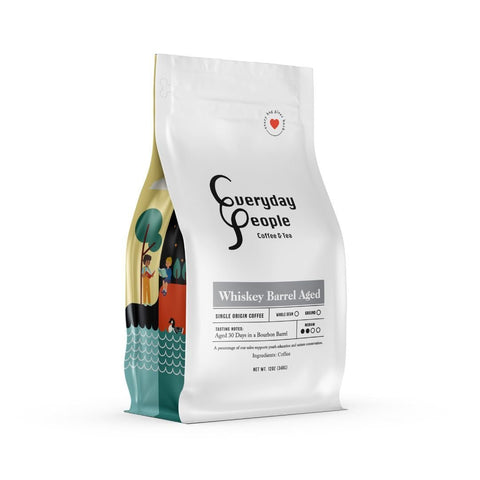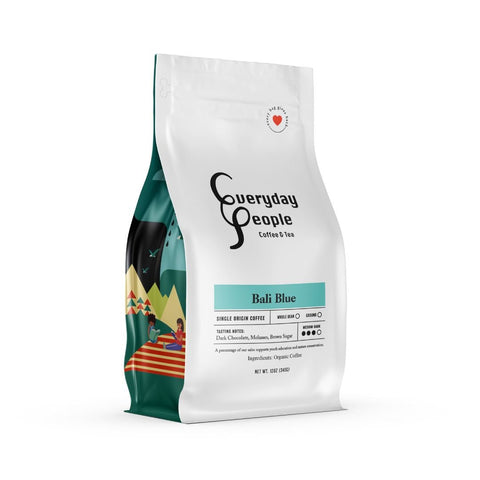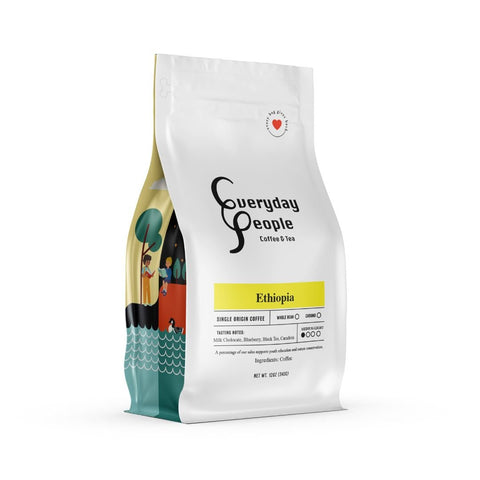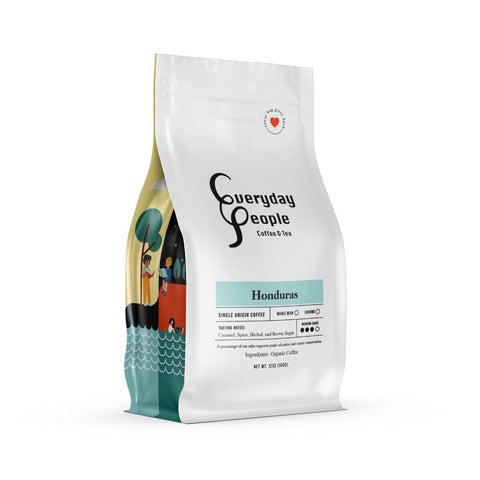Table of Contents
-
What Makes Specialty Coffee Unique?
-
Origin and Traceability
-
Harvesting and Processing
-
Grading and Quality Control
-
Roasting Philosophy
-
Brewing Methods
-
Introduction
In a world where coffee is a daily ritual for millions, specialty coffee has emerged as more than just a beverage—it’s a culture, a movement, and an experience. But what exactly does the term “specialty coffee” mean? And why is it becoming the preferred choice for coffee lovers, baristas, and cafés worldwide?
This article dives into the details of specialty coffee—from its official definition and history to its ethical sourcing, grading, and flavor profiles—to help you understand why it’s worth seeking out in your next cup.
What Is Specialty Coffee?
Specialty coffee is defined by its quality, traceability, and care at every stage of production. According to the Specialty Coffee Association (SCA), it is any coffee that scores 80 points or above on a 100-point scale during a standardized cupping process performed by certified professionals, known as Q Graders1.
This isn’t your average cup of joe. Specialty coffee involves:
-
Beans grown in ideal microclimates
-
Handpicked harvesting methods
-
Artisanal roasting and precise brewing
-
Ethical and transparent supply chains
It represents the highest end of the coffee quality spectrum.
The History of Specialty Coffee
The concept of specialty coffee began in 1974 when Erna Knutsen, a pioneer in the U.S. coffee industry, coined the term in an issue of Tea & Coffee Trade Journal2. She described how certain coffees from specific microclimates exhibited exceptional flavor and character.
Over the years, the industry evolved through what is now known as the Three Waves of Coffee:
-
First Wave (early 1900s–1960s): Mass production and convenience (think canned coffee, instant coffee).
-
Second Wave (1970s–1990s): Introduction of coffeehouse culture (Starbucks, Peet’s Coffee).
-
Third Wave (2000s–present): A movement emphasizing quality, sustainability, and transparency.
Specialty coffee is at the heart of this third wave.
How Coffee Is Graded as Specialty
To be recognized as “specialty,” coffee must undergo a cupping process by a Q Grader certified by the Coffee Quality Institute (CQI). Graders evaluate coffee on:
| Fragrance/Aroma | Assesses the scent of coffee grounds both before (dry fragrance) and after (wet aroma) adding hot water. Evaluated during the initial stages of cupping. |
| Flavor | Represents the overall taste experience, encompassing the combined impressions of all flavor attributes. |
| Aftertaste | Evaluates the lingering taste that remains after swallowing the coffee, focusing on its duration and pleasantness. |
| Acidity | Measures the brightness or liveliness of the coffee. A desirable acidity is crisp and vibrant, enhancing the coffee's flavor profile. |
| Body | Refers to the tactile sensation or mouthfeel of the coffee, indicating its weight and texture on the palate. |
| Balance | Assesses how well the flavor, aftertaste, acidity, and body harmonize, ensuring no single attribute overpowers the others. |
| Uniformity | Evaluates the consistency of flavor across multiple cups of the same coffee sample, ensuring uniform taste. |
| Clean Cup | Checks for any off-flavors or defects, ensuring the coffee's flavor profile is free from taints or faults. |
| Sweetness | Measures the presence of pleasant, sugary flavors, indicating proper coffee maturation and processing. |
| Defects | Identifies any negative attributes or imperfections in the coffee, which can detract from its overall quality. |
Only coffees that score 80 points or higher on the SCA scale qualify3.
What Makes Specialty Coffee Unique?
1. Origin and Traceability
Specialty coffees are often single-origin, meaning they come from one farm, region, or cooperative. This allows full transparency, ensuring customers know:
-
Where the coffee was grown
-
Who grew it
-
The elevation and processing method used
Each origin offers unique terroir-driven flavor characteristics.
2. Harvesting and Processing
Unlike commodity coffee, which may be strip-picked or mechanically harvested, specialty coffee is handpicked to select only the ripest cherries.
Processing methods such as:
-
Washed (wet): Clean, bright flavor profiles
-
Natural (dry): Fruity, complex notes
-
Honey: A hybrid with body and sweetness
Each technique affects the final taste.
3. Grading and Quality Control
Green coffee is inspected for physical defects before roasting. Specialty-grade beans must have zero primary defects and no more than five secondary defects per 300g sample4.
4. Roasting Philosophy
Specialty coffee is typically roasted in small batches by skilled roasters who tailor profiles to highlight the bean’s natural flavors—not overpower them with dark, smoky notes.
Roasters consider:
-
Roast time
-
Temperature curves
-
Maillard reaction development
5. Brewing Methods
Brewing specialty coffee involves precision. Common methods include:
-
Pour-over (e.g., Hario V60, Chemex)
-
Espresso
-
AeroPress
-
French Press
-
Cold brew
Proper grind size, water temperature, and brew time are critical for unlocking the bean’s potential.
Flavor Profiles in Specialty Coffee
Specialty coffee isn’t just about caffeine—it’s a flavor adventure. Depending on the origin and processing, you might taste:
| Origin | Flavor Notes | Processing |
|---|---|---|
| Ethiopia | Blueberry, Jasmine, Lemon | Natural |
| Colombia | Caramel, Orange, Chocolate | Washed |
| Kenya | Blackcurrant, Tomato, Citrus | Washed |
| Sumatra | Earthy, Tobacco, Herbal | Wet-hulled |
| Guatemala | Brown Sugar, Apple, Cocoa | Washed |
Each cup tells a story of soil, sun, and skilled hands.
The Ethics and Sustainability of Specialty Coffee
One of the key pillars of specialty coffee is its commitment to ethical sourcing. Most specialty roasters practice:
-
Direct trade: Building long-term relationships with farmers and paying above-market rates
-
Transparency: Sharing information about origin, farming practices, and pricing
-
Sustainability: Supporting organic methods, biodiversity, and water conservation
These practices lead to better pay for farmers, environmental stewardship, and higher-quality coffee for consumers.
Is Specialty Coffee Worth It?
Yes—if you value flavor, ethics, and craftsmanship, specialty coffee is absolutely worth the investment. While it may cost more than commodity coffee, you’re paying for:
-
Superior flavor and freshness
-
Ethical sourcing and fair labor practices
-
Environmental sustainability
-
A premium experience
Plus, many specialty coffee companies are small businesses that reinvest in their communities and the global coffee ecosystem.
Conclusion
Specialty coffee is more than a label—it’s a philosophy and a promise. It promises that your cup of coffee has been thoughtfully sourced, carefully roasted, and skillfully brewed to deliver an unparalleled experience.
By choosing specialty coffee, you’re not just sipping a drink—you’re participating in a movement that celebrates quality, sustainability, and connection.
So the next time you reach for a cup, ask yourself: Is it just coffee—or is it specialty coffee?
Works Cited & References
-
Pendergrast, Mark. Uncommon Grounds: The History of Coffee and How It Transformed Our World. Basic Books, 2010.
-
Carvajal, D. “Third-Wave Coffee: How It Changed the Industry.” New York Times, 2020.
Footnotes
-
Specialty Coffee Association. “What Is Specialty Coffee?” https://sca.coffee
-
Knutsen, Erna. "Specialty Coffee." Tea & Coffee Trade Journal, 1974.
-
Coffee Quality Institute. “Q Grading System.” https://www.coffeeinstitute.org
-
Specialty Coffee Association. “Green Coffee Standards.” https://sca.coffee/research/green-coffee-standards





